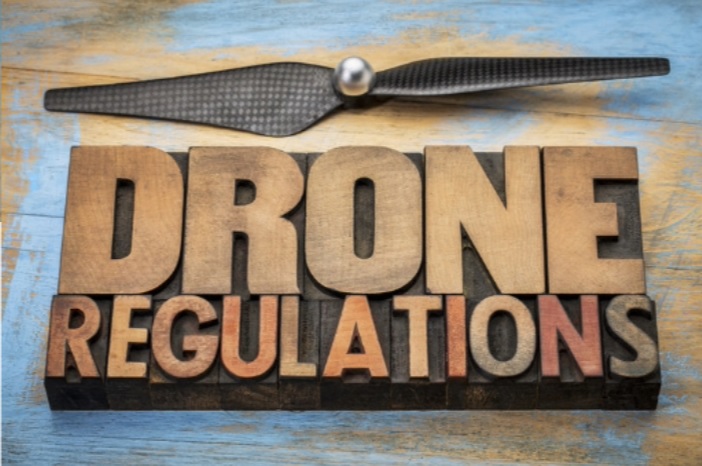In recent years, the popularity of drones has soared to new heights, captivating hobbyists, professionals, and industries alike. With this surge in drone usage, it’s crucial to understand the regulations and safety measures that govern their operation. This article aims to provide a comprehensive guide, ensuring you fly your drone responsibly and legally.
Section 1: Understanding Drone Regulations
1.1 The FAA and Regulatory Framework The Federal Aviation Administration (FAA) plays a pivotal role in regulating drones in the United States. We’ll delve into the FAA’s guidelines, including registration requirements, airspace restrictions, and more.
1.2 Registration and Licensing Detailing the process of registering your drone with the FAA and obtaining the necessary licenses, we’ll guide you through the steps to ensure compliance with federal laws.
1.3 No-Fly Zones and Restricted Areas Exploring the areas where drones are prohibited or restricted, such as near airports, military bases, and national parks, will help you avoid legal trouble and protect airspace integrity.
Section 2: Ensuring Safe Drone Operations
2.1 Pre-Flight Checklist Providing a comprehensive pre-flight checklist ensures that your drone is in optimal condition for safe operation. Covering battery checks, propeller inspections, and more, this section guarantees your drone is ready for takeoff.
2.2 Weather Considerations Understanding how weather conditions can impact drone flights is essential for safe operations. We’ll cover wind speeds, precipitation, and other factors that can affect your drone’s performance.
2.3 Flight Planning and Risk Assessment Planning your flights ahead of time and assessing potential risks will help you make informed decisions during flight. We’ll provide tools and techniques to help you create a flight plan that prioritizes safety.
Section 3: Best Practices for Responsible Drone Use
3.1 Privacy and Ethics Respecting privacy and adhering to ethical guidelines is paramount when operating a drone. This section will address privacy concerns, including obtaining consent and avoiding invasive practices.
3.2 Interacting with Law Enforcement and the Public Knowing how to handle encounters with law enforcement or members of the public while flying your drone is essential for a positive and lawful drone experience.
3.3 Maintenance and Upkeep Regular maintenance is key to ensuring your drone operates safely and reliably. We’ll provide a guide to routine maintenance tasks and tips for prolonging the life of your drone.
Conclusion: Elevating Your Drone Experience Safely
By understanding and adhering to drone regulations and safety measures, you can enjoy the full potential of this remarkable technology without compromising safety or legality. Whether you’re a seasoned pilot or a novice enthusiast, following these guidelines will ensure a positive and responsible drone experience.
Remember, flying a drone is not just a hobby; it’s a privilege that comes with responsibilities. Embracing these principles will not only protect you and your drone but also contribute to the broader culture of responsible drone use.
Disclaimer: This article is for informational purposes only. It is crucial to stay updated with the latest regulations and guidelines provided by relevant authorities in your region.
Drone Pilot Registration In Europe
AI-powered Drone Autonomy: Boon or Bane?
The New FAA Rule Regarding Drone Registration Number Display

